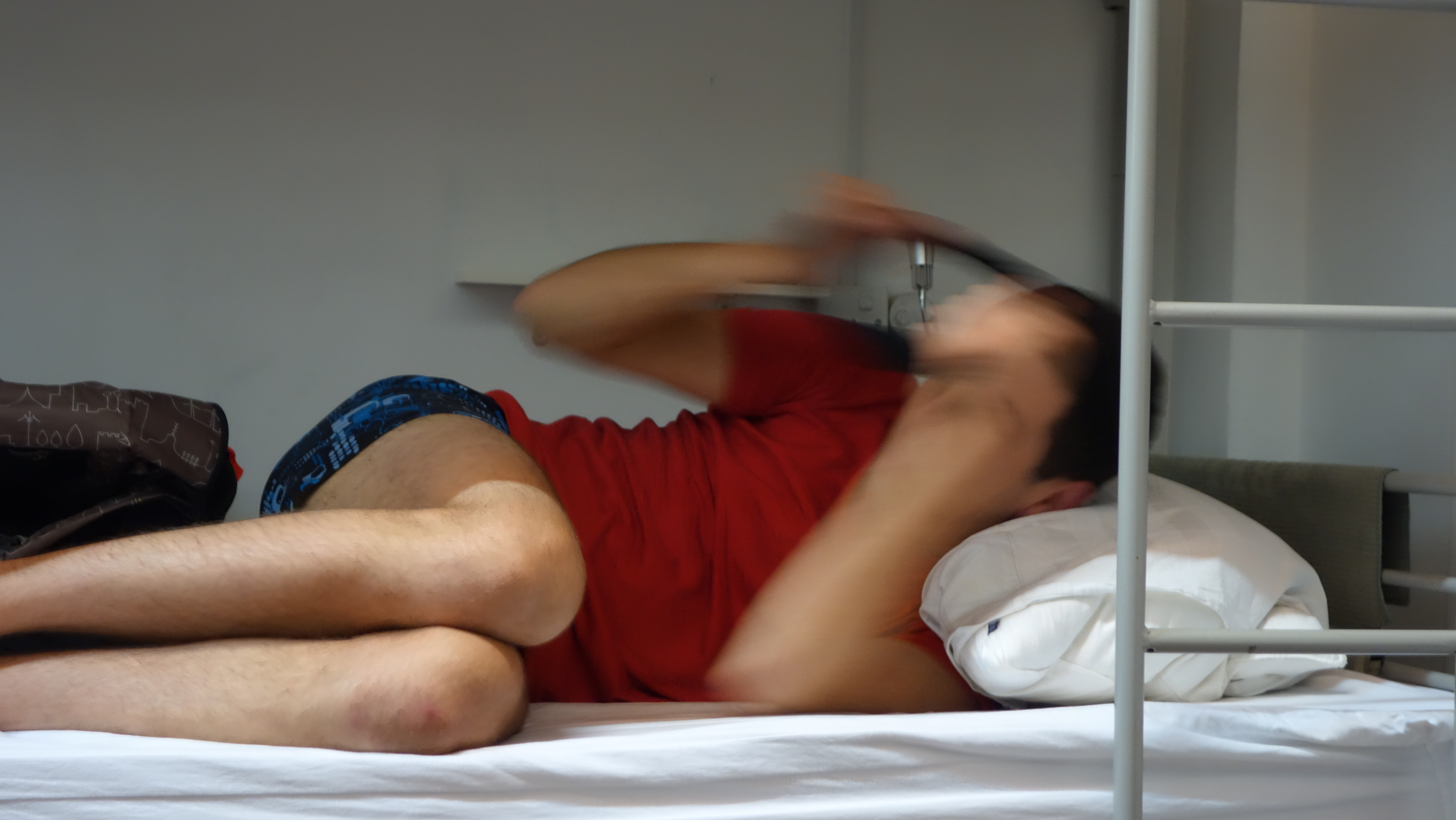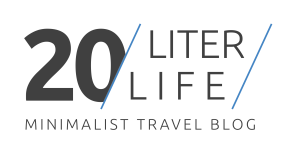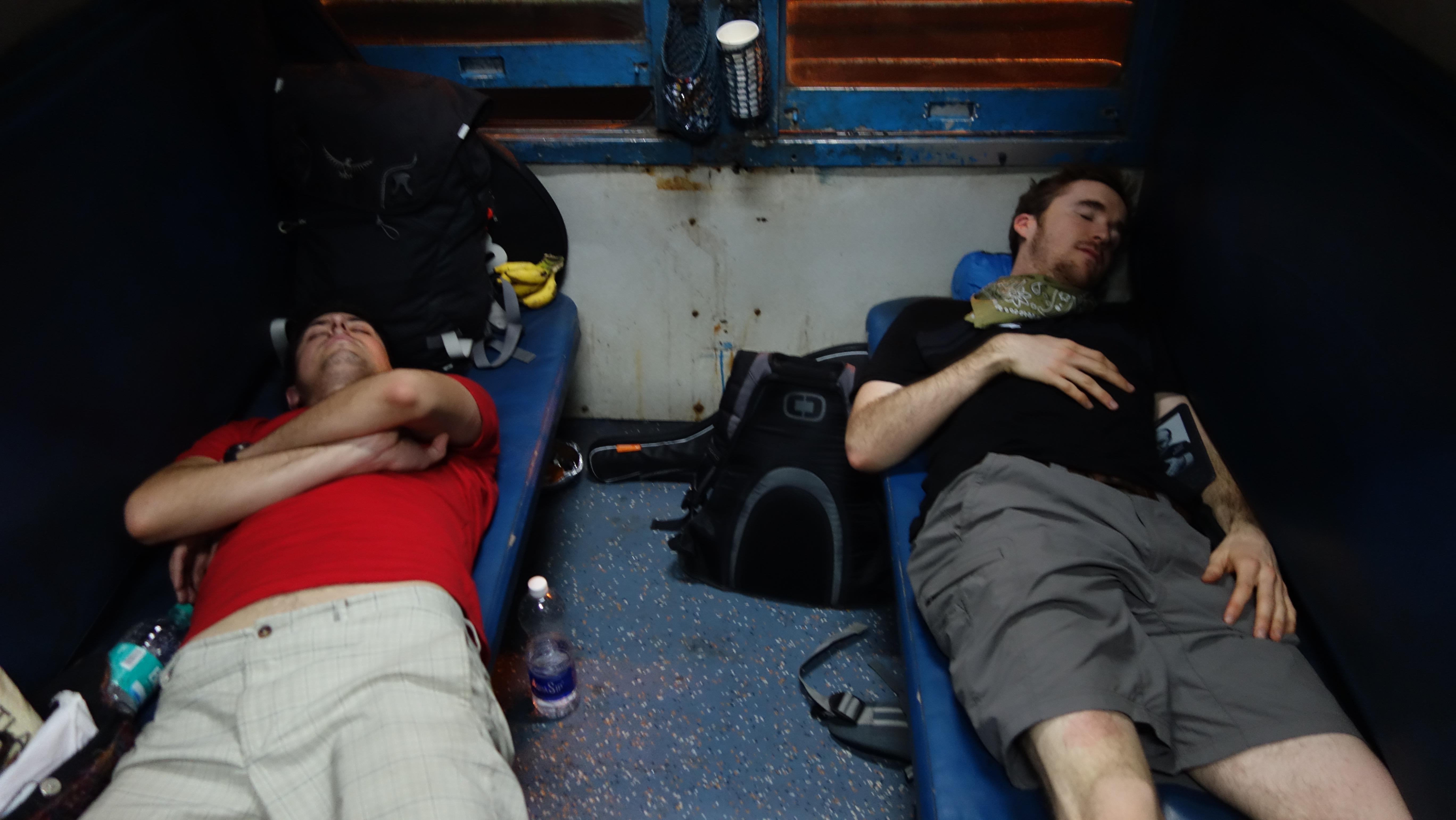
The (watered down) Science
Our state of being awake or asleep seems to be controlled by neurons in the brainstem that release neurotransmitter chemicals that affect our brain activity and sleep state. For example, serotonin and norepinephrine keep parts of the brain active while we are awake, and seem to be turned off (or significantly lowered) as the body falls asleep (National Institute of Neurological Disorders and Stroke).
There are five phases of our sleep cycle: Stage 1, 2, 3, 4, and the last stage known as “Rapid Eye Movement.” In stage 1, we drift in and out of a light sleep, which is followed by stage 2 during which our eyes stop moving and our brain waves slow down significantly. During stage 3 and 4 our brain waves slow down significantly, making it the hardest part of the sleep cycle to be awoken from (what we call “deep sleep”). If you get woken up during this deep sleep time, you’ll probably feel like shit (I think that’s the proper scientific terminology). During REM sleep our breathing becomes more erratic, our eyes move around (hence the name), and our limbs become paralyzed. Most of our sleep time is spent in stage 2 (50%) with REM coming in second (20%).
On average, a full cycle of these stages takes between 90 and 110 minutes.
Because our level of alertness is affected by chemicals in our brain, alterations to these chemical balances can affect our sleep. Drugs, alcohol, caffeine, diet pills, medicines, supplements, nicotine, and certain foods may alter or prevent our sleep. Smokers, for example, often sleep lightly and have reduced REM periods, and alcohol, while it may help fall asleep, negatively affects the deeper stages of sleep, preventing you from getting a proper, restful night’s sleep. Our bodies do not regulate their internal temperature as well while we are asleep, so the temperature of your sleeping environment can also alter your sleep quality.
How much sleep do we need?
Anyone can tell you based on anecdotal evidence that everyone is different; some people claim they are fine with 5 hours, while other people need their 8. Scientifically speaking, it does seem to be true that there is a good amount of variance in the amount of sleep folks need, but also a lot of factors that go into those needs. Age is a big one: newborns sleep a ton, while older people seem to report needing a bit less than average. For most adults, 7-8 hours is commonly thought to be the proper amount of sleep.
Not getting enough sleep can actually aggregate into the need for more sleep in future nights; eventually your body will need to “catch up” and replace some of the lost sleep with more sleep another night. I’ve heard people say that they are used to getting less sleep, and they adapt to it. Apparently, scientific evidence indicates otherwise; although you won’t die from getting 4-5 hours of sleep a night, it’s unlikely that your mental acuity, alertness, and judgement will be at 100%.
If you feel drowsy during the day or you fall asleep extremely quickly when you do go to sleep, then you probably aren’t getting enough sleep. Sleep deprivation has become so common in our culture that drowsiness, groggyness, and fatigue are completely “normal,” but in reality, these are abnormal side effects of improper sleeping habits. Sleep deprived people have performed as bad as drunk people on hand-eye coordination tasks, but do we ever really consider sleepy driving to be as bad as drunk driving? Do we think of lack of sleep to be a risk to our health and the safety of others? We definitely should be: according to the National Highway Traffic Safety Administration, driver fatigue is responsible for 100,000 accidents a year.
Why is sleep important?
The question of why we need sleep is complex, but it’s clear that we need sleep to survive. Extreme sleep deprivation can make your nervous system, immune system, and mental faculties go haywire, even leading to psychotic states of hallucinations, paranoia, and depression in otherwise normal people. Chronic sleep loss can contribute to health problems such as weight gain, increased blood pressure, and a decrease in the immune system’s power; sleep helps our bodies conserve energy and resources that help fight off illness and disease (Harvard Women’s Health Watch).
But aside from the extremes, sleep is a crucial element to our everyday health, awareness, productivity, success, and happiness. When we don’t sleep properly or don’t get enough sleep, we zombie through our days with a lack of mental clarity and physical ability. Our brains are the command centers for our emotional stability, decision-making processes, social interactions, and ability to learn, so if impaired, our lives can suffer more than we realize.
Just like with our diets, I think we are accustomed to the status quo and we think that it’s normal to feel the way we do, but with increased awareness and attention we could transcend to a higher level of functioning in our lives. In the interest of self-development, sleep seems to be a crucial component that doesn’t get it’s due diligence.

So as the unofficial Sleep Sensei, what do I recommend?
First of all: what do I know? Just last night I couldn’t sleep for shit. It’s frustrating, but really rewarding when you take the following steps and see improvements. It’s a delicate balance to maintain.
Prioritize Sleep: My number one recommendation is to consider sleep important. You need to look at sleep as an essential component to your well being and treat it as such. With proper sleep your work time can be spent more efficiently.
Exercise: Obviously expending energy during the day will create the need and desire for sleep at night. Exercise is one of the other key components to overall well-being, and if you’re lifestyle is sedentary it will reflect in your sleep patterns.
Get Ritualistic: I try to avoid looking at screens towards the end of the night. Drinking herbal tea, meditating, reading, writing, or listening to music can be helpful to let your body relax and prepare for sleep.
Eat right: Ah yes, the third component to overall well-being. I’m a staunch advocate of the notion that what we eat (and drink) affects literally everything in our lives. Nutrition is main input into the complex system of growth, decay, and regeneration that we call life, and its importance cannot be understated. As with everything else, eating properly will greatly improve your sleep patterns. (This post isn’t about food, but my advice, in short, would be: a shitload of vegetables, a good amount of fruit, nothing processed, no refined sugar, and limit animal products and bad shit like alcohol… Doctor’s orders.).
Avoid Chemicals: Alcohol, nicotine, anti-depressants, caffeine, etc. You name it, it’ll do ya dirty. Avoid them if possible. I would avoid any sleep-aid type stuff either; that’s just a band aid and not solving the real problems.
Maintain a pattern: Ideally you can get up in the morning and go to sleep at night. Our bodies respond best to this type of cycle. But regardless of what time you sleep, keeping it consistent will help.


I have gotten by for decades on 5 hours, but now that I am getting more out of shape and old I find 7 to 8 best. I am one of those ‘I always have so much to do’ I do not like to sleep, but with old age I find I need more and wish I did not need to work for a living so I could do what I enjoy and get more than my normal 5 hours.